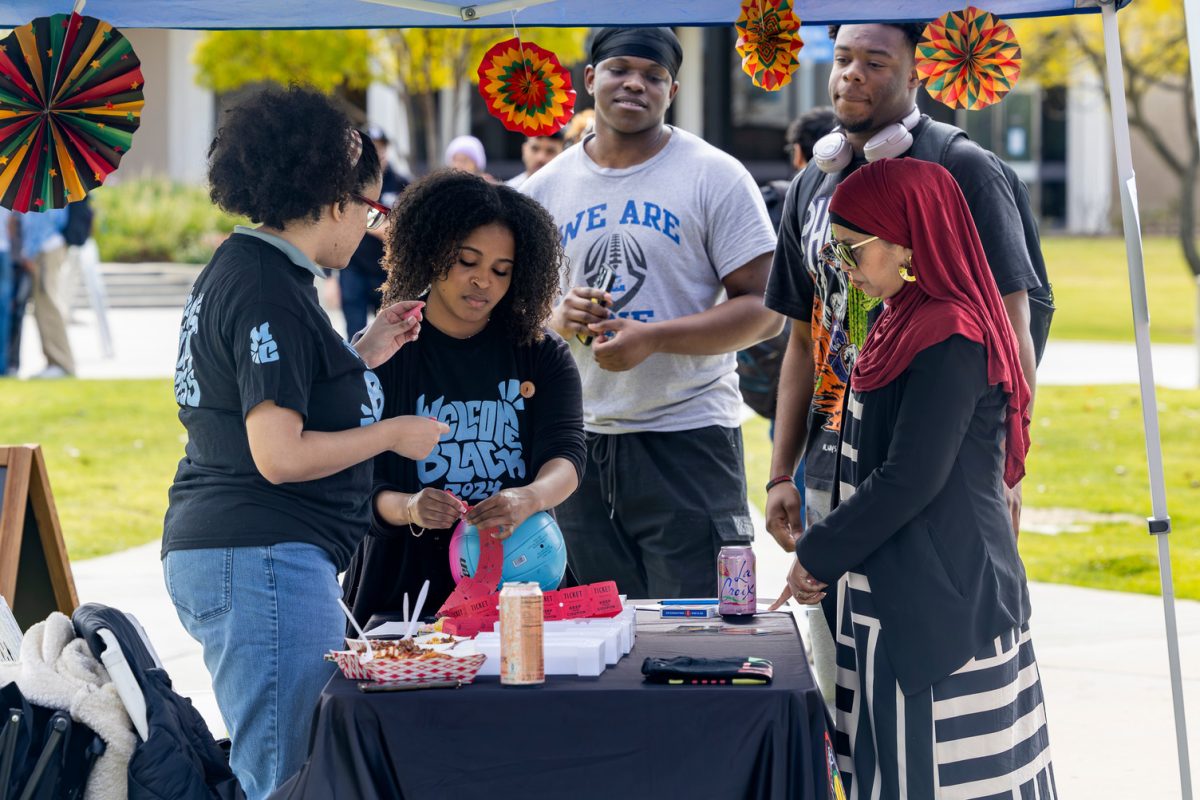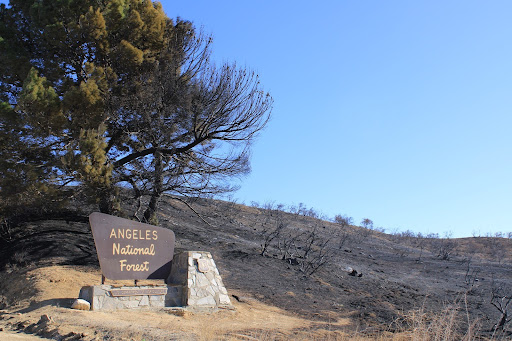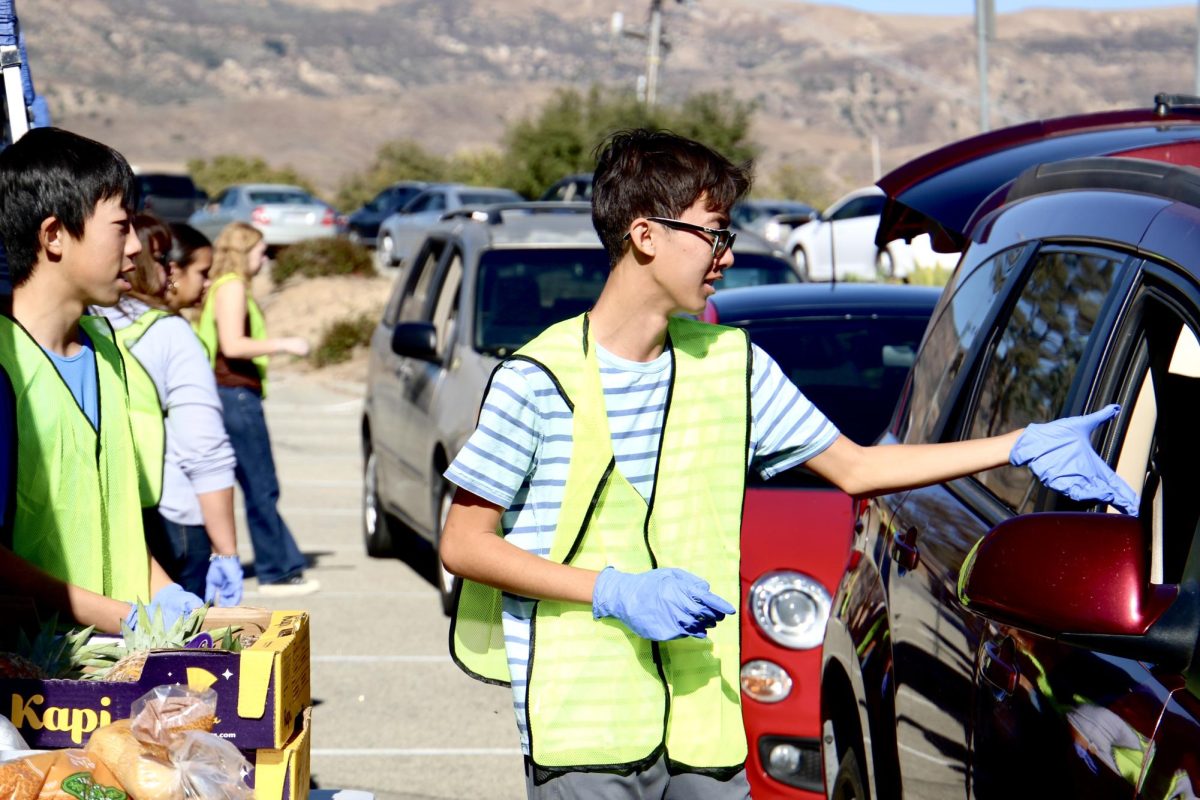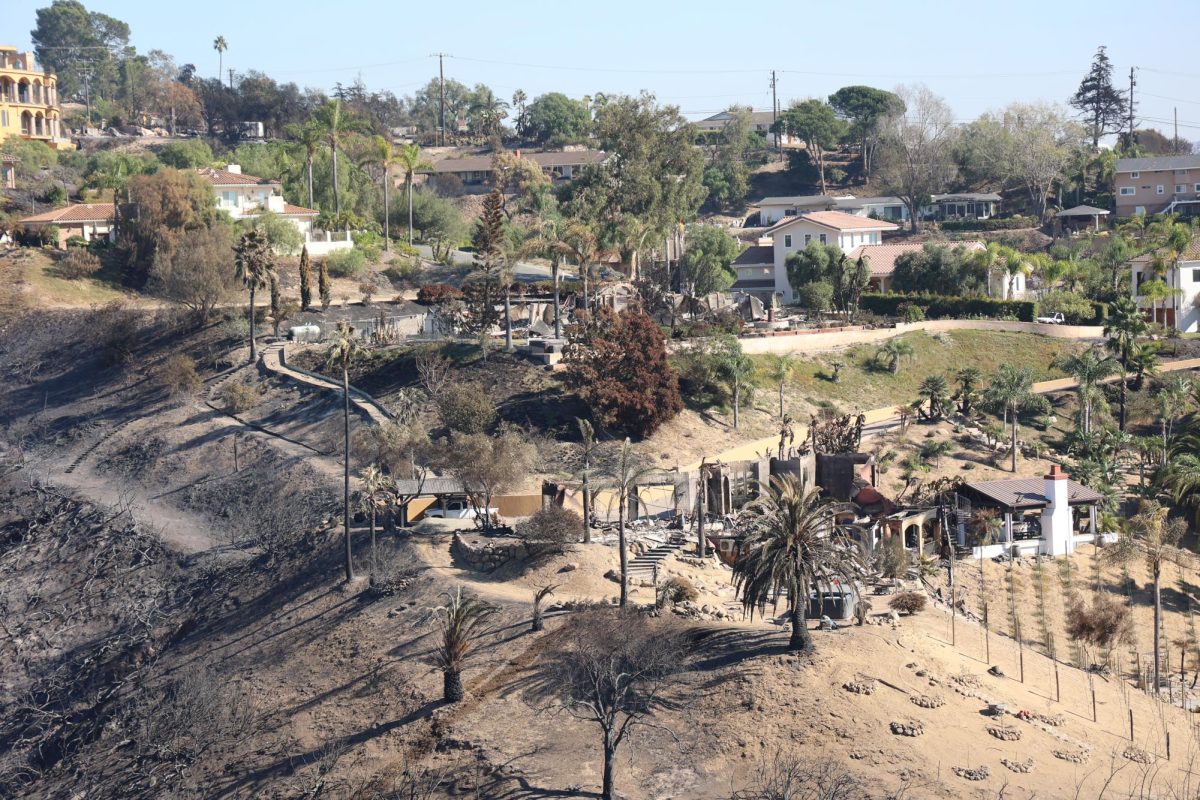“The first time you share tea with a Balti, you are a stranger. The second time you take tea, you are an honored guest. The third time you share a cup of tea, you become family.” This Balti proverb is well known to many Oxnard College students who have read mountaineer Greg Mortensons’ “Three Cups of Tea.”
Mortenson’s book is the focus of the One Campus One Book program at OC this semester. Sociology professor Dr. Marie Butler lead a discussion of Mortenson’s book Nov. 12 at the Clock Tower Auditorium as part of the OC Speaker Series.
The discussion opened with a viewing of photographs of Afghanistan, as well as a video detailing girls in the region finally being able to attend school after the fall of the Taliban. Communications studies major Tiana Schisler, 20, was glad that many students participated in the discussion.
“I think that it let me know about things over there,” said Schisler. However, she also felt it was sad how the book dealt with the status of women in the region, and for this reason says “other women should read it to.” “Three Cups of Tea” details Mortensen’s adventures. While climbing the world’s second tallest mountain, K2, Mortensen had to abort his mission due to a rescue of one of his fellow climbers. On the way down, he became lost, and encountered the Pakistani village of Korphe.
The residents there saved his life and treated him with kindness. Arriving home, Mortensen vowed to repay the village by opening a school in the village. After fruitless attempts to raise money for the school, he received backing from a Swiss-American computer scientist who also helped Mortensen build the school and co-founded the Central Asia Institute. Today Mortensen is a human rights activist, among other things.
The Institute has built over 50 schools throughout rural Pakistan and Afghanistan. Butler continued the discussion by showing pictures of the region where Mortensen built the school. “(It is) one of the most dangerous places in the world,” said Butler. This is not only because of it’s rugged terrain and steep cliffs, but because of the terrorist activity in the region. “There were bombings in the whole area,” Butler said.
Butler also asserted that some nations, with a shortage of teachers, must send willing individuals to other nations in order to obtain training to become an educator. “They must grow their own teachers,” said Butler. She also touched on gender equality in regard to the school systems. “Culture is a defining variable in the denial of education to girls,” Butler said.
Butler then emphasized the significance of tea in relations between individuals. “What is symbolic about the tea is that in many countries tea is an icebreaker,” said Butler. “You are a respected citizen if you share tea.” Butler, in her own words, enjoyed the spirited discussion and she highly recommends “Three Cups of Tea” for the average reader.
“His writing style pulls you in,” said Butler. Butler emphasized two major lessons learned from “Three Cups of Tea.” “It’s one man’s journey, but it took the whole village to get the job done,” said Butler. “(We) learn how people so vastly different from each other can become friends.”






